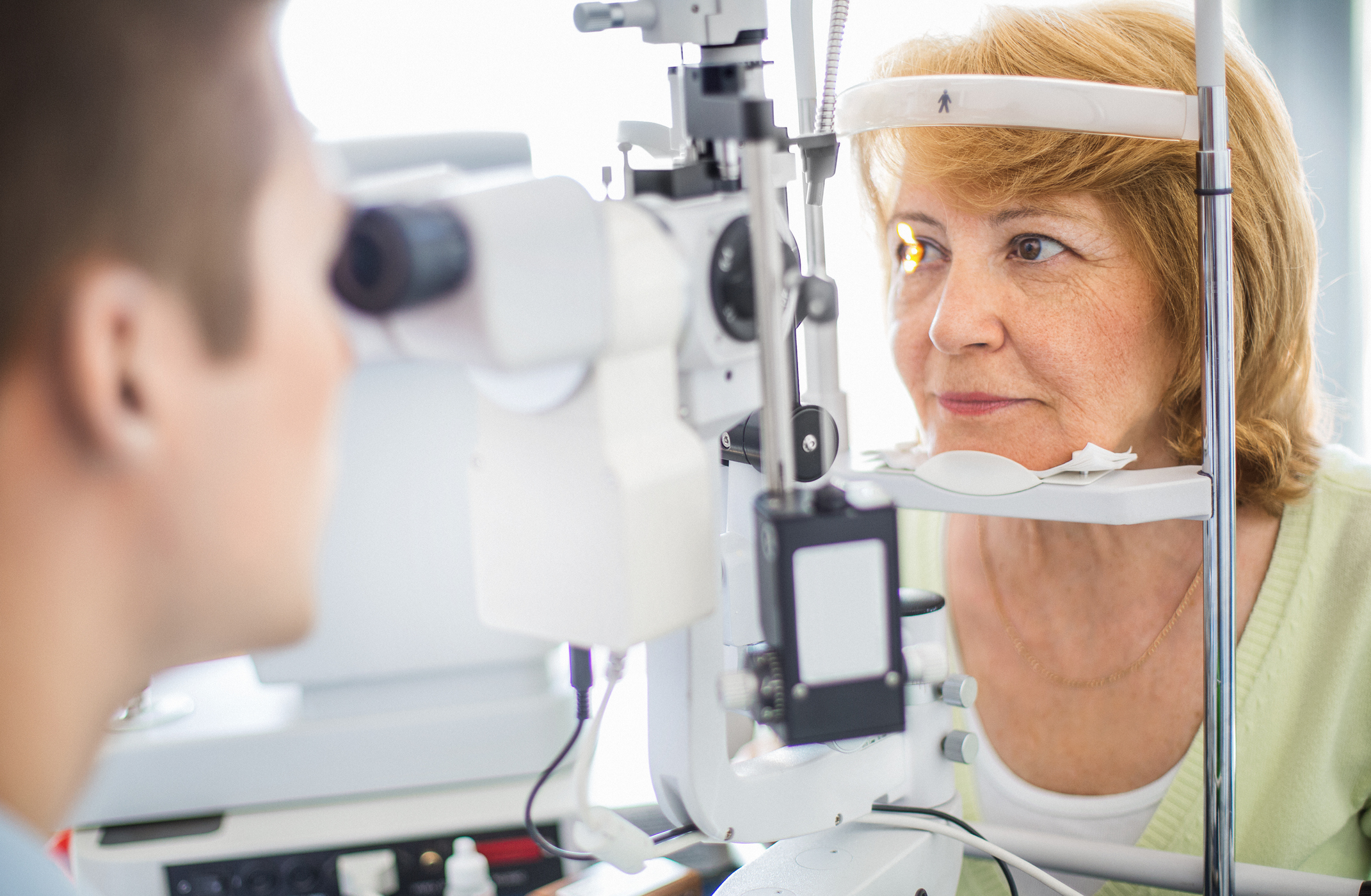Health Capsule
Guarding Against Glaucoma

Glaucoma is a group of eye diseases that can lead to vision loss and blindness. It’s usually caused by abnormally high pressure inside the eye. This can damage a nerve in the back of your eye called the optic nerve.
Glaucoma may not cause any early symptoms. Many people don’t know they have it. That’s why it’s important to have regular eye exams. There, your eye doctor will check for signs of glaucoma.
Over time, people with glaucoma may slowly lose their vision. It may be especially hard to see things off to the side, in what’s called your peripheral vision. Glaucoma can eventually lead to blindness if it’s not treated.
There’s no cure for glaucoma. But starting treatment early can prevent vision loss. Medicines and laser treatment can help lower the pressure in your eye. If these options don’t work, your doctor may suggest surgery.
Anyone can get glaucoma. But if you’re over the age of 60 or have a family history of glaucoma, you’re at higher risk. Risk starts earlier if you’re Black or Latino.
Glaucoma is a serious disease, but treatment works well. Talk to your health care provider if you have any concerns about your vision.
Find more information about glaucoma.
NIH Office of Communications and Public Liaison
Health and Science Publications Branch
Building 31, Room 5B52
Bethesda, MD 20892-2094
Contact Us:
nihnewsinhealth@od.nih.gov
Phone: 301-451-8224
Share Our Materials: Reprint our articles and illustrations in your own publication. Our material is not copyrighted. Please acknowledge NIH News in Health as the source and send us a copy.
For more consumer health news and information, visit health.nih.gov.
For wellness toolkits, visit www.nih.gov/wellnesstoolkits.




